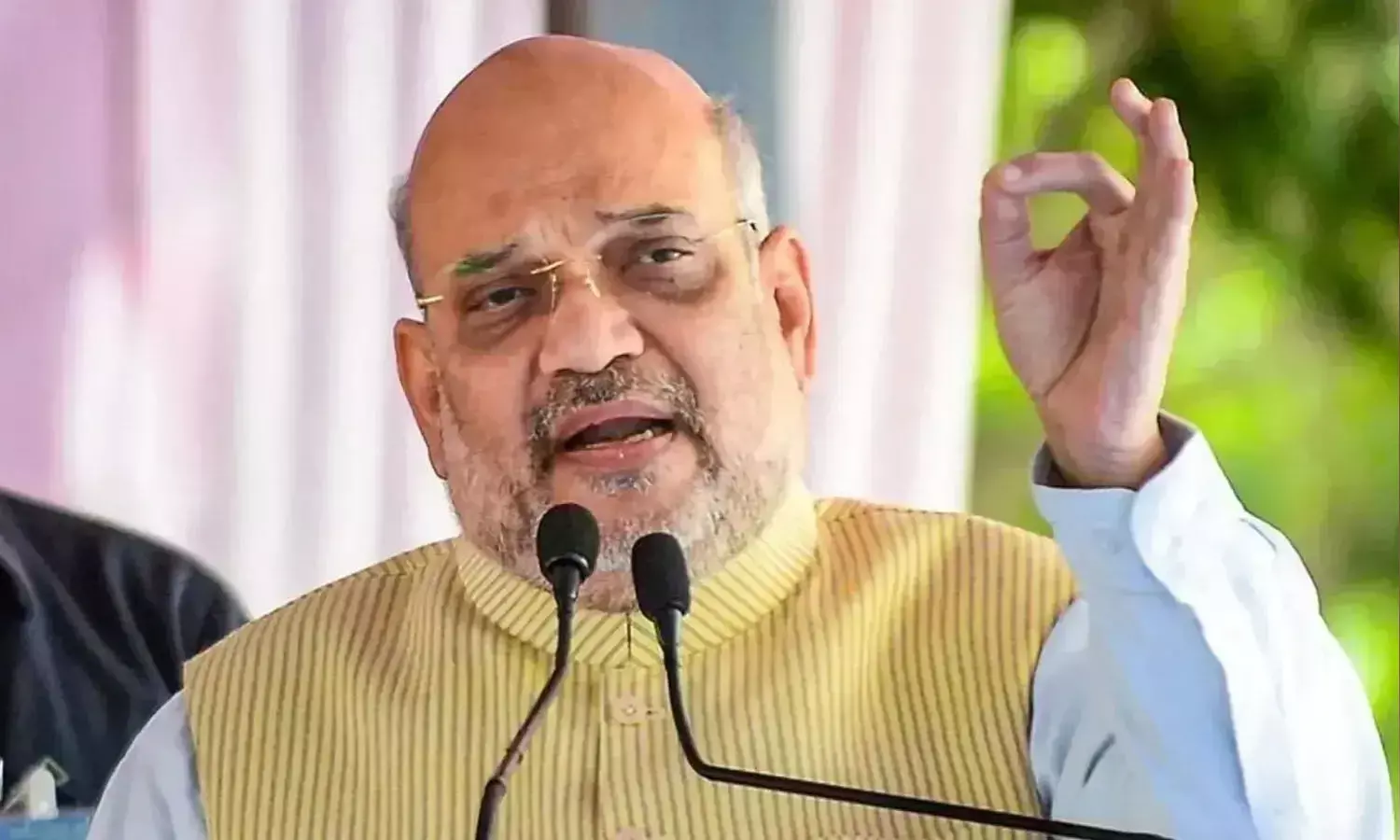Bills to replace IPC, CrPC, Evidence Act tabled in Parliament by Amit Shah
Union Home Minister Amit Shah, unveiled Bills on Friday aimed at replacing the British-era Indian Penal Code (IPC), the Code of Criminal Procedure (CrPC), and the Indian Evidence Act

NEW DELHI: Union Home Minister Amit Shah, unveiled Bills on Friday aimed at replacing the British-era Indian Penal Code (IPC), the Code of Criminal Procedure (CrPC), and the Indian Evidence Act. These Bills aim to establish capital punishment for offenses like mob lynching and sexual assaults on minors. Additionally, the Bills propose a 20-year prison sentence for gang rape and the abolishment of the sedition offense.
Shah disclosed that the Bharatiya Nyaya Sanhita Bill, Bharatiya Nagarik Suraksha Sanhita Bill, and Bharatiya Sakshya Bill would be referred to a Parliamentary committee for examination.
In the Bharatiya Sanhita Suraksha Bill, Section 150 seemed to incorporate the Law Commission of India’s suggestion in June to increase the alternative punishment for sedition to seven years from the existing three.
The commission recommended retaining the 153-year-old sedition law, asserting that removing it could pose significant risks to the country's security and integrity.
Regarding the Bharatiya Nyaya Sanhita Bill, Section 44 empowered individuals with the right to private defense against life-threatening assaults, such as in cases of mob attacks. Section 31 of the Bill specified that if a communication was made in good faith and inadvertently caused harm, it would not be considered an offense.
The Bharatiya Nagrik Suraksha Sanhita included a provision for granting bail to an accused who has served half of the maximum punishment period during the trial. Many offenses had been proposed to be made gender-neutral. The Bharatiya Nyaya Sanhita introduced new offenses related to terrorist acts and organised crime.
Shah underscored that the laws being repealed were established to bolster British administration, primarily aiming for punishment rather than justice. The replacements, he stated, would usher in a new era of protecting the rights of Indian citizens.
Shah emphasised the intent to prioritise justice over punishment. He highlighted that the Bills would address issues like terrorism, mob lynching, and crimes against women with unwavering determination. Shah expressed that these three Bills marked a substantial transformation in the country's criminal justice system, which had functioned under British laws from 1860 to 2023.
Shah asserted the need for Indian-made criminal laws that served Indian interests. He mentioned that the Bills aligned with Prime Minister Narendra Modi's commitments outlined on Independence Day.
Shah unveiled a vision to achieve a conviction rate of over 90%. He proposed the presence of forensic teams at crime scenes for offenses carrying sentences of over seven years, aiming to reduce the likelihood of criminals being acquitted. Shah also indicated plans to digitise all courts by 2027 and highlighted the mandatory video recording of statements in rape cases.
Shah stated that police would no longer be able to delay investigations, and chargesheets must be filed within 90 days of lodging complaints. Investigations should conclude within 180 days for all cases, and judges must render verdicts within 30 days of framing charges. Moreover, he emphasised timely hearings and orders, calling for their online publication within seven days.



